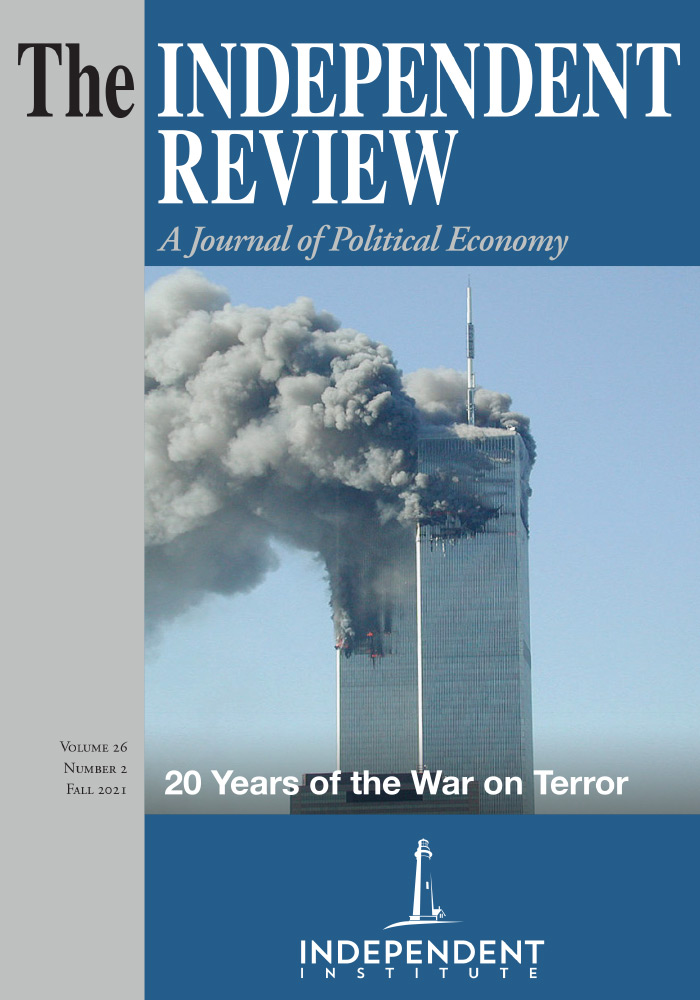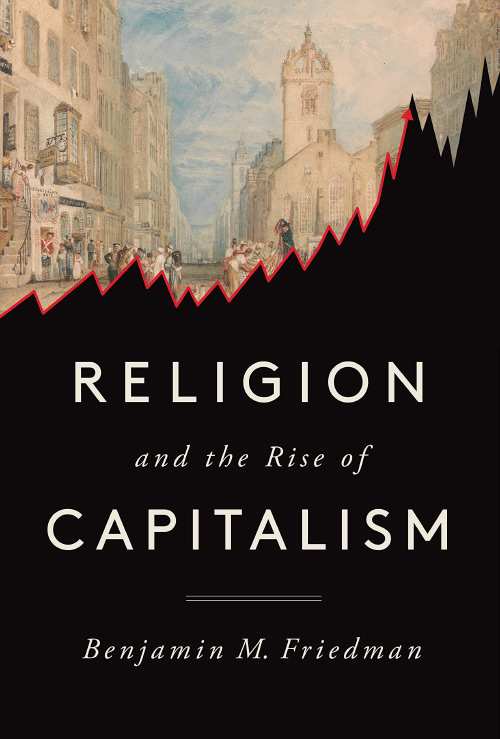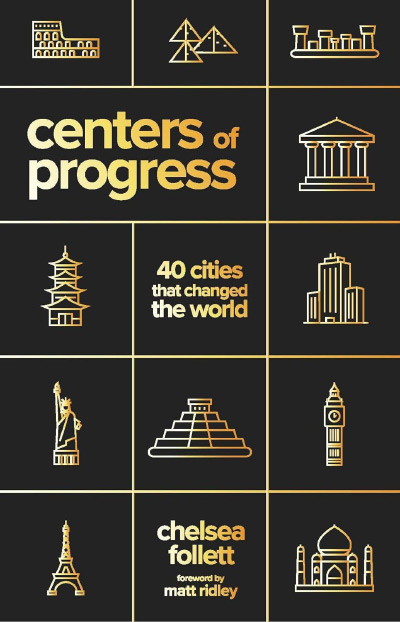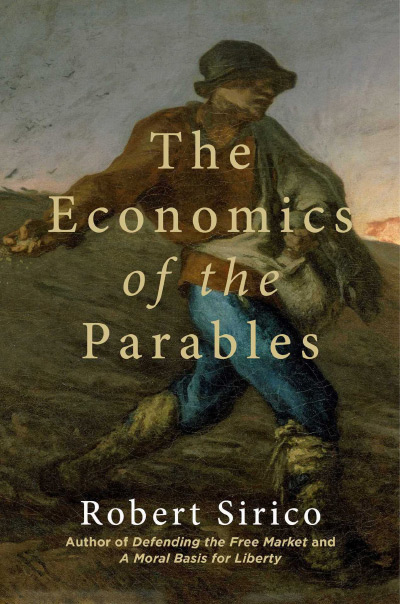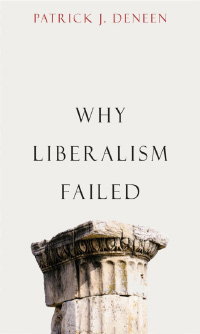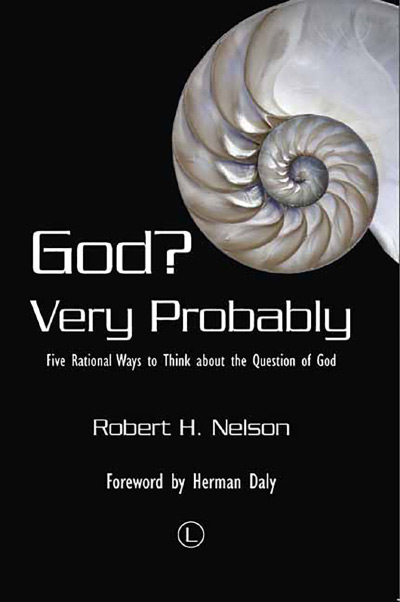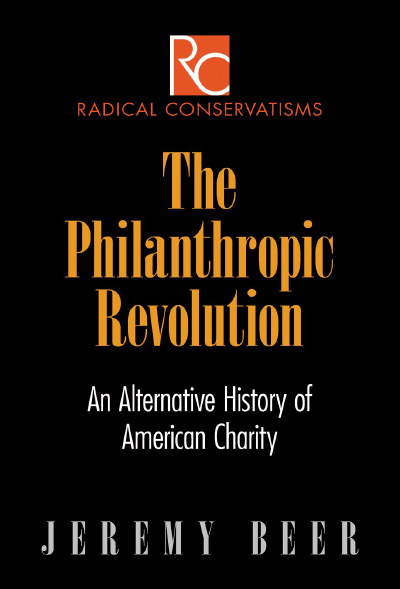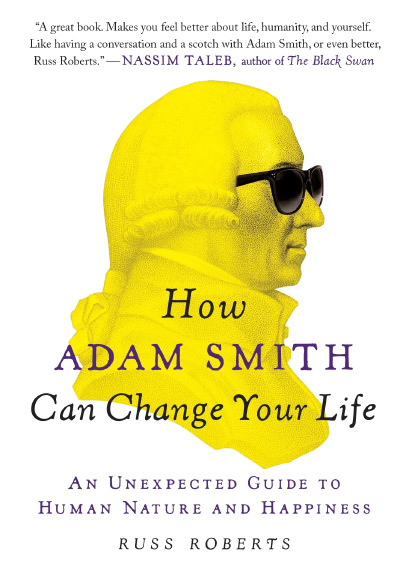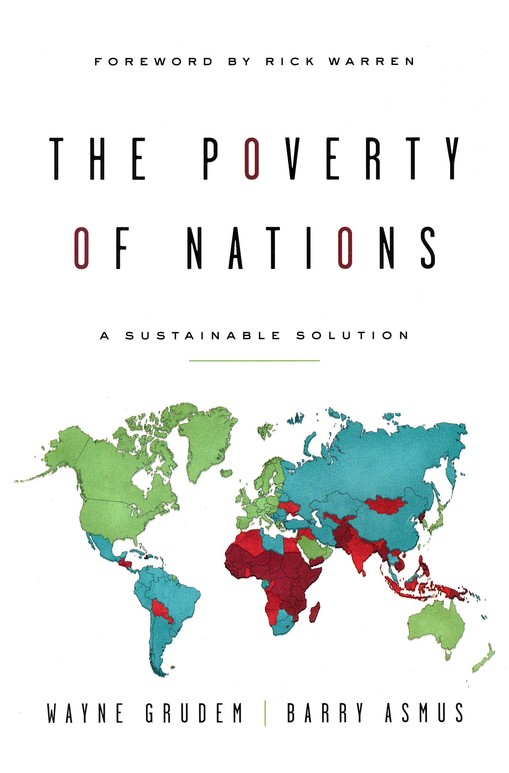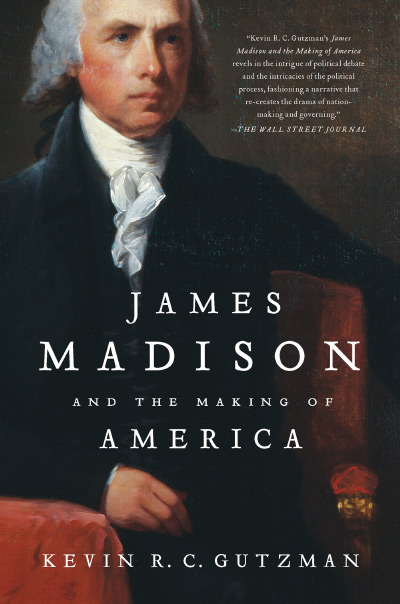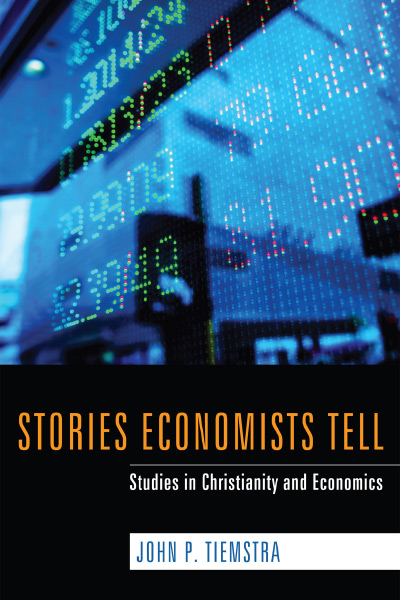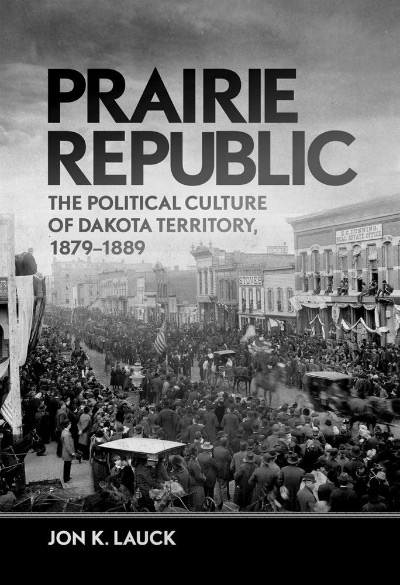Why do most people in the Western world, and especially in America, “simply take for granted that we organize one of the most essential aspects of human activity—the economic—primarily around private initiative channeled through markets” (p. ix)? Benjamin Friedman, who has taught in Harvard’s Economics Department for nearly fifty years, argues that this idea comes from economists and religious thinking.
This may strike some readers as odd. Didn’t modern economics, whose ideas form the durable bulwark supporting ideas about the importance of free enterprise, have its roots in the Enlightenment, which was hostile to religion? Wasn’t Adam Smith a deist? Aren’t today’s economics textbooks and classrooms devoid of consideration of religious ideas?
Smith once asked to be exempted from the University of Glasgow’s mandatory prayer at the beginning of each lecture (the request was denied). However, as Friedman successfully argues, he was embedded in a society permeated with religious thinking. Scottish Calvinist orthodoxy saw man as utterly depraved and held strict views on predestination—man could basically do nothing to save himself. But this implied a harsh God, not the one who died on Calvary. By Smith’s time, Moderates within the Presbyterian Church viewed God as benevolent and this had major implications. “The Moderates were the dominant faction in the Church of Scotland during Smith’s adult lifetime, and although certainly not churchmen, he and [his close friend] Hume were very much part of the ‘Moderate literati’ circle” (p. 23). “Not only did the transition in thinking that set the foundation for modern economics closely follow the movement away from orthodox Calvinism in time, the two shared a location coherence as well. To a large extent, in their thinking about both philosophy and what we now call economics, Smith and his contemporaries were secularizing the essential substance of their clerical friends’ theological principles” (p. 166).
The view that God is benevolent implied that he made us to be happy and to delight in the happiness of our fellow creatures. Smith began with this conclusion in The Theory of Moral Sentiments. He started with the assumptions that people are social by nature, have a capacity to see themselves through the eyes of others, desire happiness, and have a sympathy for one another that is not rooted solely in their own self-interest—and then sketched out the implications about how people can and do learn to live in harmony with each other. Then he applied these insights to the economic realm in The Wealth of Nations, where he achieved Newtonian success by showing how the entire economic system worked. He discovered a law of unintended consequences—by looking out for our own economic self-interests within a competitive market, we end up benefitting ourselves and other people, whom we didn’t necessarily set out to benefit.
Friedman essentially argues that this system—predicated on the almost invisible idea that a benevolent God gave us a benevolent nature, which can manifest in a benevolent system—has struck a deep chord in religiously-minded people over the ensuing centuries. Especially in the United States, many of them came to see a free-market system as divinely inspired: “if markets were essential to enabling society to function so as to foster human happiness, they must therefore be a creation of an actively benevolent God. The political economists [men like Francis Wayland] who took over Smith’s thinking and adapted it to the economic situation of America in the early nineteenth century thought just that” (p. 240). A consensus regarding the importance of political and religious agency was complemented by the “same sense of opportunity and self-driven destiny in the realm of economics as well” (p. 251).
The harmony of these ideas was certainly challenged later in the century by the Social Gospel movement, which dominated the thinking of many founders of the American Economic Association, which flatly disavowed laissez-faire ideas. Economist Richard Ely mused that “God works through the State in carrying out His purposes more universally than through any other institution” (p. 322)—presumably not excluding either the Church or the family! However, Friedman shows that, as academic economists shifted away from considerations of God and religion, the void was filled by theologians and non-academics. Evangelicals came to see the State as usurping hallowed roles of the Church, and formed a lasting coalition with economic conservatives. Evangelicals pushed back that the solution to society’s ills was voluntary adherence to Christian principles promoted by Christian charity—not stripping people of their agency. Friedman concludes that “as economics has become ever more mature as a discipline, and therefore progressively more insulated at the basic conceptual level from influences originating outside the field, the bearing of religious thinking has increasingly been a matter of shaping the attitudes of the public at large. Because most ordinary citizens are primarily interested in how economic realities affect their lives—not theories about how economies behave, or the methodologies that economists apply in their research—in the modern era the influence of religious thinking on economic thinking has therefore been most visible in affecting public attitudes regarding economic policy” (p. 365). This is an important conclusion. One way to put it is that economists—drawing on religious sensibilities—first explained why private initiative channeled through markets works so well. Then they largely stopped trying to convey this finding, but the idea was propagated by religious thinkers instead because it accorded well with their sensibilities. Belief in a benevolent God is at the core.
Near the end of the volume, Friedman struggles to understand “the increasing tendency of large numbers of lower- and even middle-income American to vote ... in ways that run counter to their individual economic interest” (p. 391)—why they don’t want an even larger safety net and more government handouts. But the rest of his argument suggests that it may be because many of them recognize that when pushed too far these programs deaden initiative and even deaden the soul. More problematic is Friedman’s argument, alluded to above, that “economics has long since become sufficiently mature as an intellectual discipline that the great majority of its practitioners no longer shape their professional thinking according to external influences of this kind” (pp. 389 – 90)—i.e., of the religious kind. The implication is that mature people compartmentalize their lives—professional thinking in this box, religious thinking over here, views on art and literature over there, and so forth. It seems that mature people and mature disciplines would aim for more coherence.
| Other Independent Review articles by Robert M. Whaples | ||
| Spring 2024 | A Vision of a Productive Free Society: Murray Rothbard’s For a New Liberty | |
| Spring 2024 | GOAT: Who Is the Greatest Economist of All Time and Why Does It Matter? | |
| Spring 2024 | Everyday Freedom: Designing the Framework for a Flourishing Society | |
| [View All (93)] | ||

